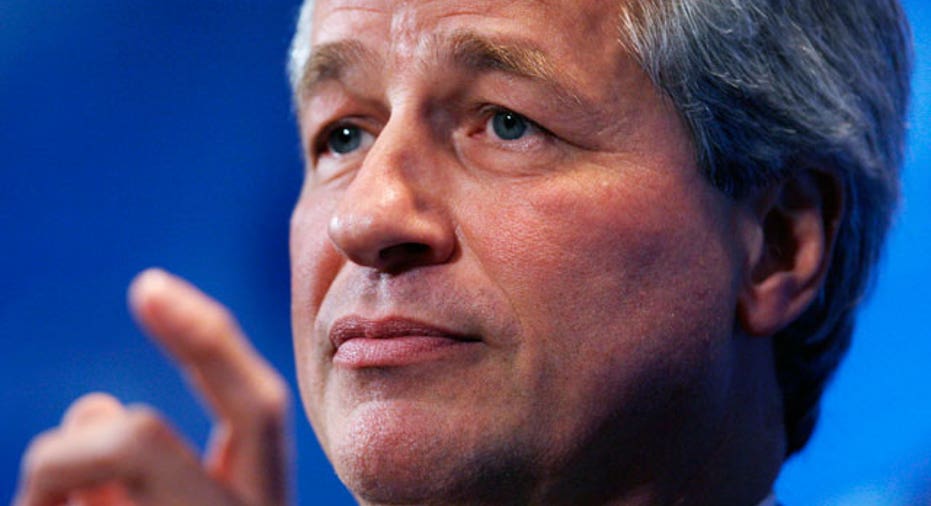Dimon: U.S. Debt Default Could be 'Catastrophic'

A U.S. default on its sovereign debt could have a "potentially catastrophic" effect on the global economy, JPMorgan Chase (NYSE:JPM) chief executive Jamie Dimon said Thursday evening, according the Associated Press.
The U.S. reached its so-called debt ceiling, which is essentially a legal borrowing limit, of $14.3 trillion this week, prompting the Treasury to take extraordinary measures to continue funding government activities. Congress has been arguing for weeks about raising the ceiling, with Democrats and Republicans fighting over the specific terms.
The Treasury will have to make some tough choices, one of which is potentially not making interest payments to holders of U.S. bonds, if Congress can't agree on raising the ceiling, a very unlikely scenario.
But a U.S. default on its loans could create an economic disaster that "will dwarf Lehman," Dimon said, referring to the collapse of credit markets that occurred when the investment banking giant went bankrupt in September 2008.
U.S. bonds are generally considered very low risk assets, and are, therefore, the basis for many financial instruments. If the U.S. defaulted, it would likely cause interest rates to spike on U.S. bonds, causing a cascade throughout the entire financial system, economists say.
Treasury officials and economists alike have warned that broad advances in interest rates will make lending more difficult in a myriad of economically-critical areas, including: the already-ailing mortgage market, the auto sector and student loans. Indeed, dramatically higher interest rates are likely to severely damper the effects of the Federal Reserve's expansionary monetary policy.



















